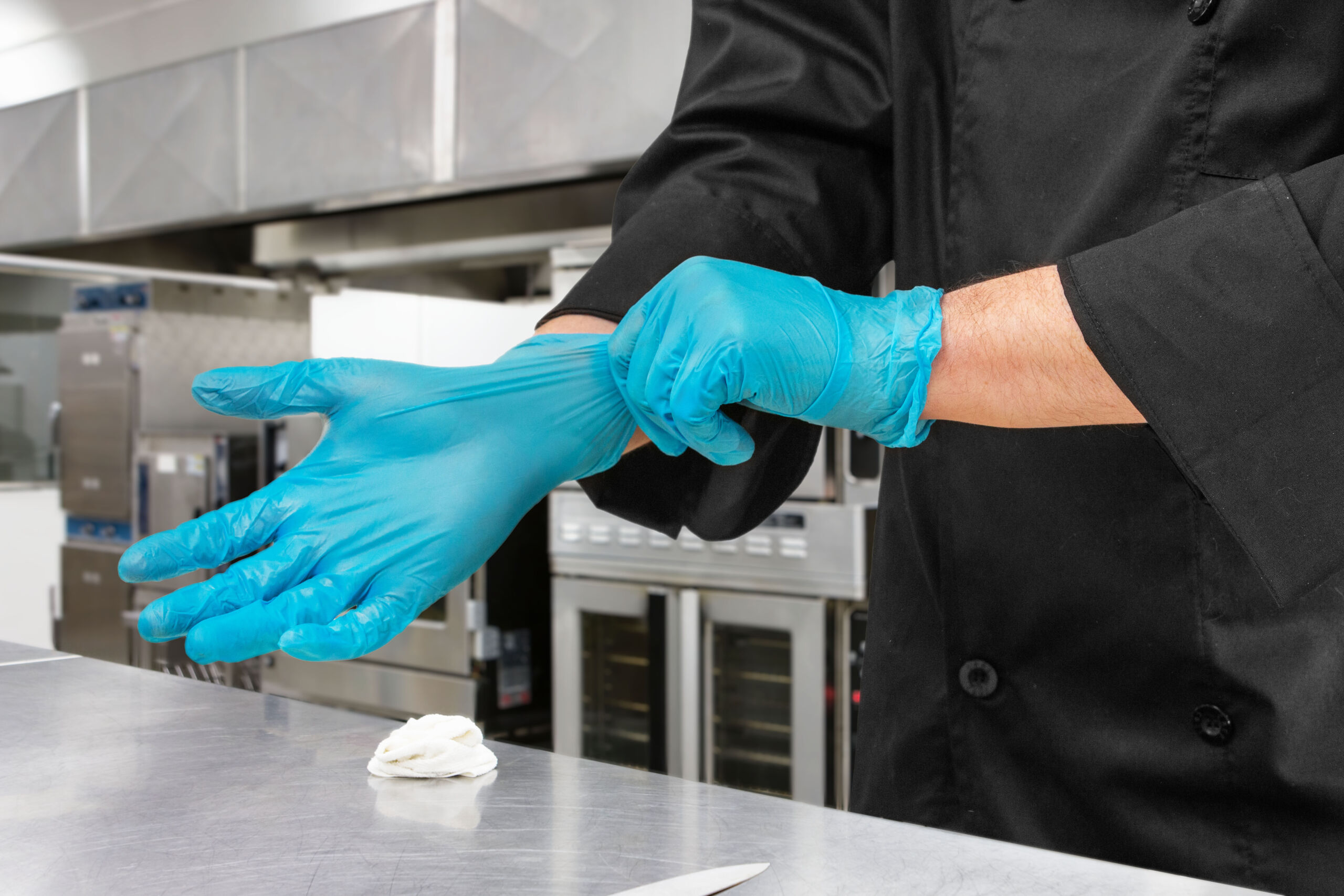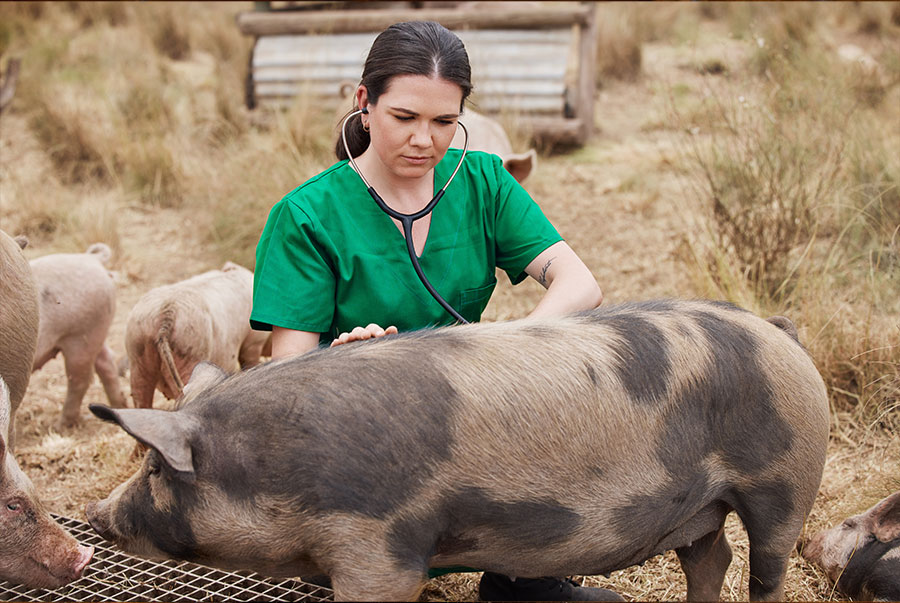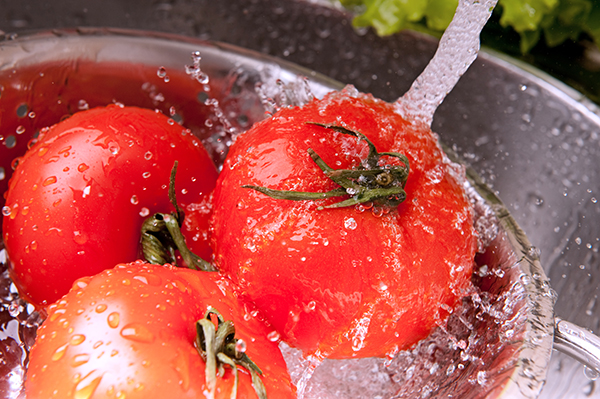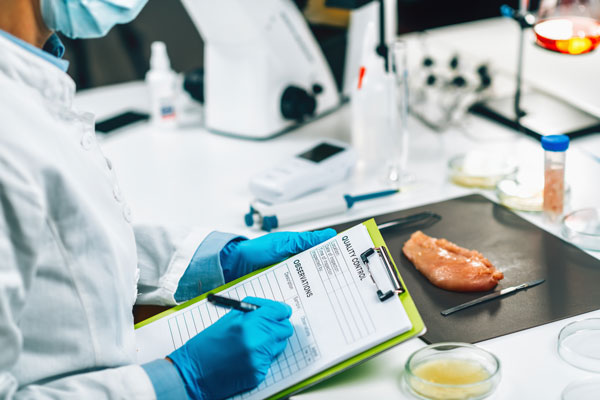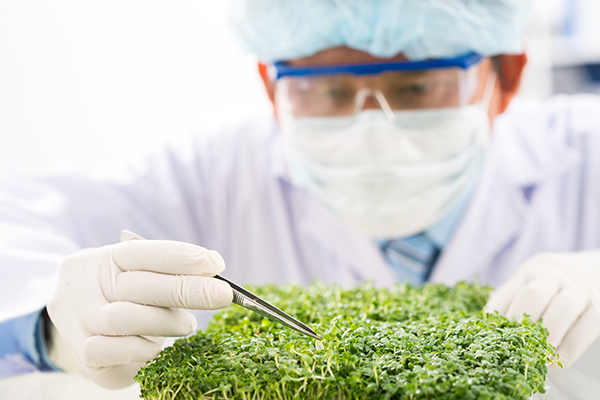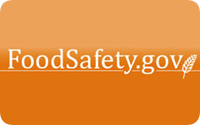Resolve to Protect: Why This Year’s #1 Priority Should Be Food Safety
The new year presents foodservice managers with a wonderful opportunity to reset, refocus, and recommit to what matters most: protecting the health of every student, guest, patient, resident, or customer who dines in their establishment. As a manager or owner, there's no better time than now to evaluate your food safety culture and strengthen your team's dedication to safe food handling practices. Food safety culture goes beyond simply following health codes or passing inspections. It's the collective attitudes, beliefs, and behaviors that your entire team shares about food safety. When food safety is truly embedded in your establishment's culture, it [...]


